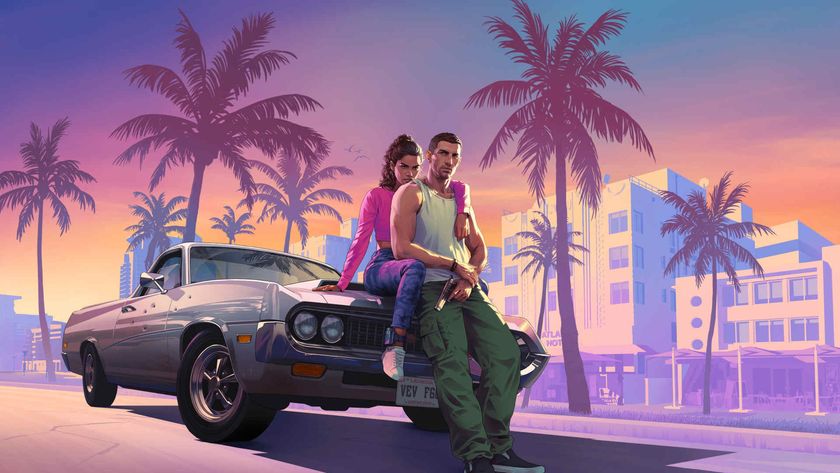How indie games took on the world (and won)
Meet the maverick heroes of game development
While it’s tempting to think there’s a New Brat Pack of independent developers who hang out at all the right parties, indie is much, much bigger than that, made of very different people with very different attitudes and lifestyles. Take Vic Davis, who, unlike the scattergun approach of a McMillen or Cactus, works solo on huge projects, far away from that US scene. “I honestly can’t imagine something like that. Hip is not a word that you would ever associate with me. I’m actually the closest you will get to anti-hip. I mean come on, I play war games, board games, still read comic books and love to make Star Wars references even though I thought the last three films were pretty bad.Besides, like somebody famous once said, I would never join a club that would have me as a member.”
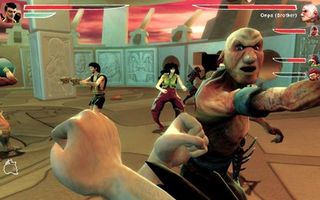
Something else that differs from indie dev to indie dev is their ultimate ambition. “Audiosurf has been selling really well and that’s been awesome,” says Dylan Fitterer, “but I’m not sure that kind of success is a useful goal. I was always happy to build Audiosurf even if nobody ever bought it.”
McMillen hasn’t yet enjoyed that kind of success, hence the upcoming Wii release of Super Meat Boy – but he doesn’t want to abandon his regular esoteric output. “At this point in my life I need to prove my worth and at least attempt to take a crack at a mainstream release. If I want to continue to make whatever I want, sadly, I need money to do so. Bringing my work to the mainstream might be the best way to fund my more ambitious and risky projects.”
2D Boy, meanwhile, wants to stay the hell away from the mainstream. “We both realize working for large enormo-cash studios would be a bad idea,” says Kyle Gabler, who was also partially responsible for the sadly now defunct Experimental Gameplay Project – itself the origin of World of Goo predecessor Tower of Goo, and which was instrumental in revealing indie to a larger audience. Gabler took a job at Maxis after the success of the EGP, but left soon after to found 2D Boy.
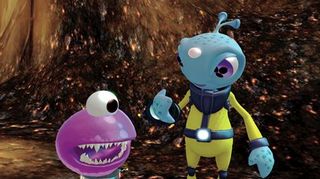
“Limited resources have always forced us and other indie developers to be more creative, and to think really hard about everything that goes into a game. If we had ‘money’ and ‘people’ propping us up, we’d probably make a 3D platformer, where your guy has muscles, an angry face, and lots of angry polygons.” No interest in escalating the scale and scope of your games then? “No way,” says Ron Carmel, “that would be the kiss of death. The reason indie games can do well is because we don’t try to compete with the big boys. We need to play a different game in order to win.”
Sign up to the GamesRadar+ Newsletter
Weekly digests, tales from the communities you love, and more
“There’s always pressure to try and one-up yourself,” adds Gabler, “which might be smart to ignore. In the near future, we’re on a quest to return to our roots, and make some little toys Experimental Gameplay style that are small and fun, that have no ambition of being big and slick. We’ll post them online if they aren’t too horrible.”
Cryptic Comet’s Vic Davis feels similarly: “If anything I plan on mastering my tendency to slide into massive ‘scope creep’ and tighten up my games. Armageddon Empires and my next game Solium Infernum are really massive undertakings for a one man team like me. I outsource the art and music but the design, coding and project management is a huge burden. AE had over 250 thousand lines of code without comments. Solium Infernum is already larger and I’m still working on the AI. The combined development time is going to be over five years. But in my opinion it’s the design that is going to sell my games. I make a real effort to offer artwork, illustrations and music that enhance the experience but in the end the goal is to stimulate the player’s brain. It’s the ‘one more turn’ feeling that you have to evoke.”
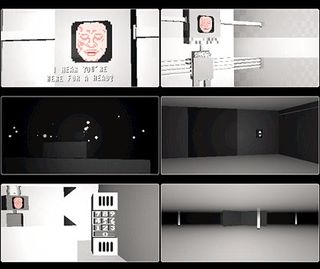
Above: Mondo Nation attempts to make players question their perception
Which brings up one of the other major issues around indie games: how do you let people know about your game if you don’t have the promotional clout of a major publisher behind you? Well, ideally the internet does the work for you.
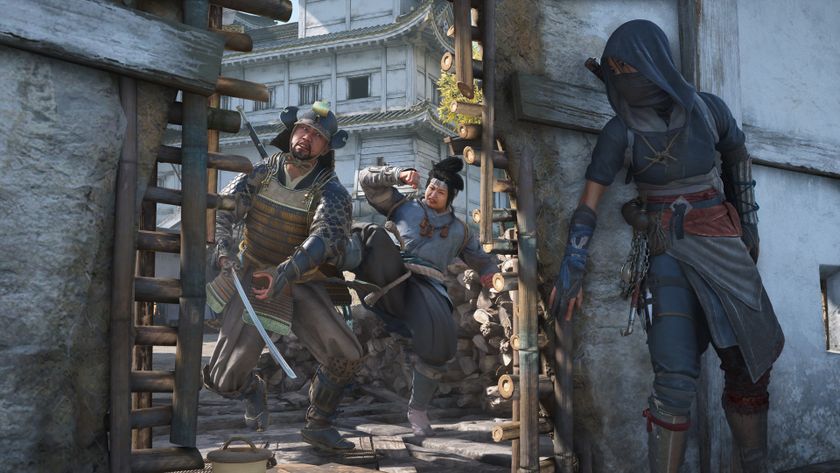
Assassin's Creed Shadows devs "actively looking at" an even harder difficulty mode for the RPG: "How challenging do you want it?"
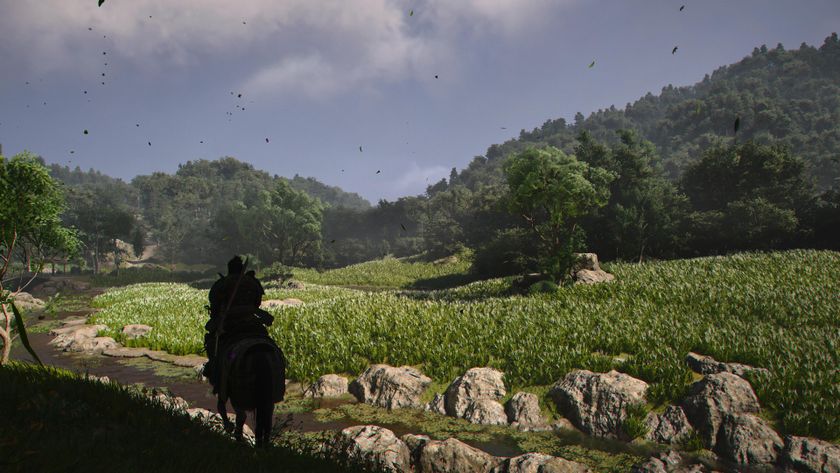
Assassin's Creed Shadows' delays were mostly used to polish the RPG, creative director confirms, not for deeper changes brought about by Star Wars Outlaws reaction
